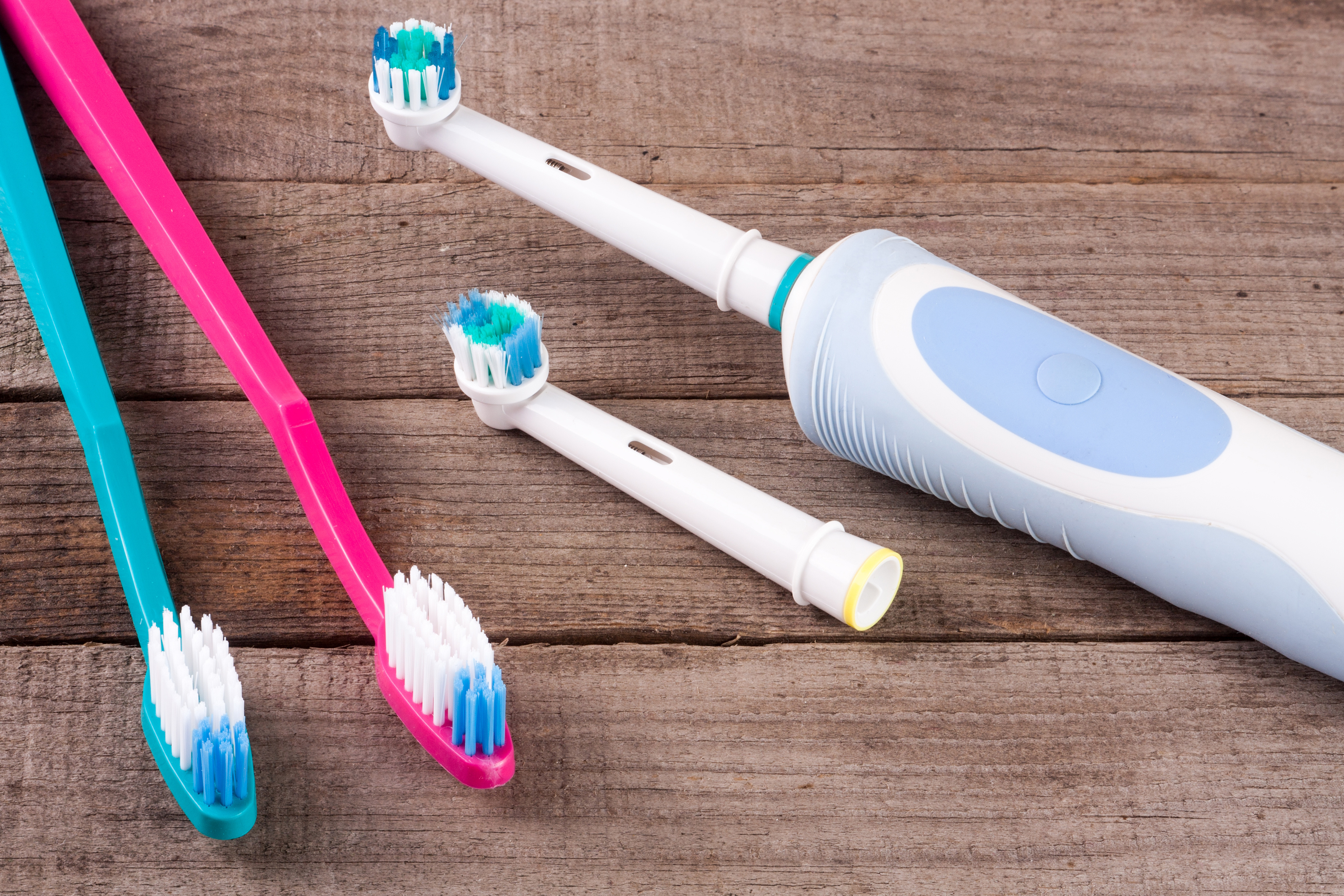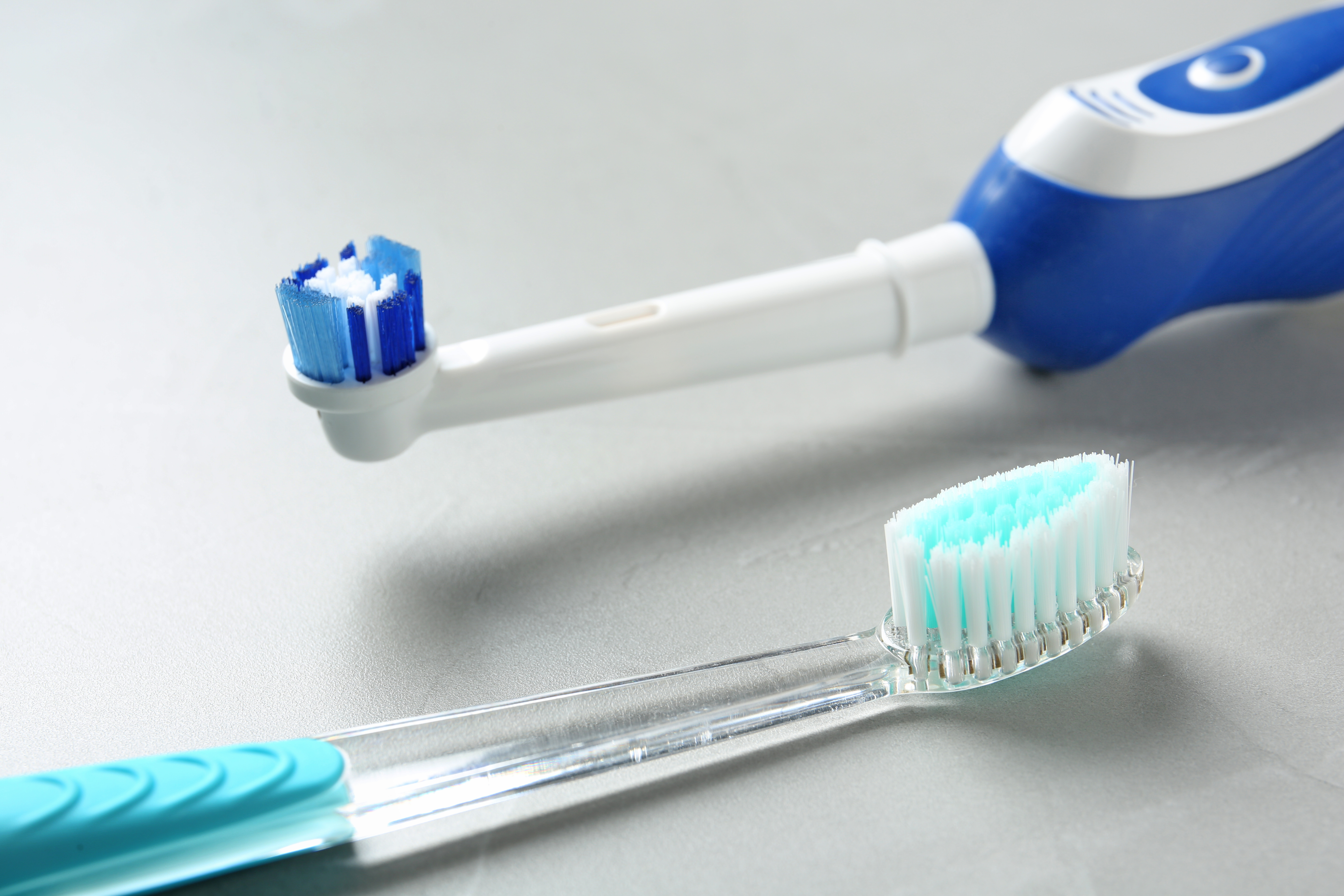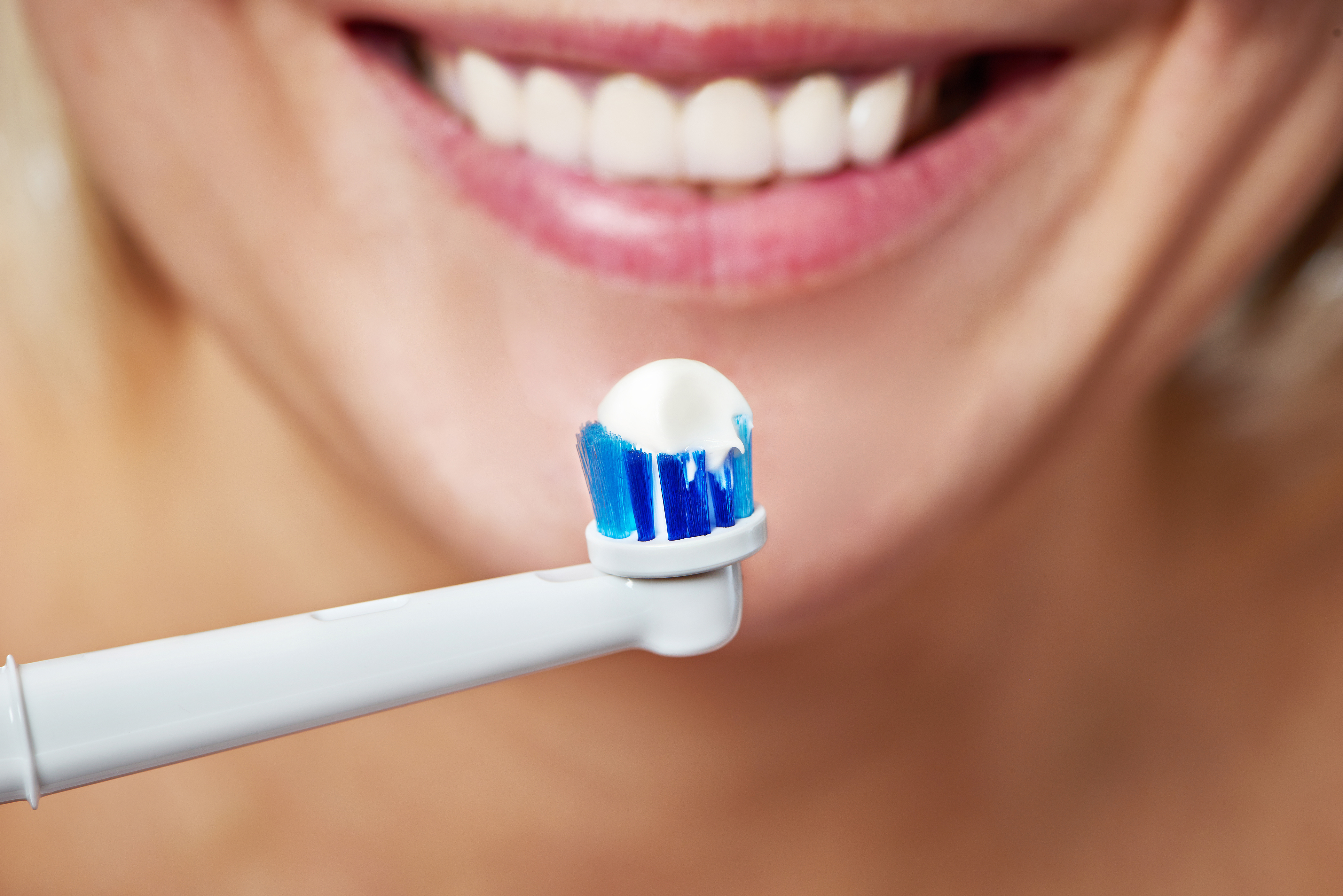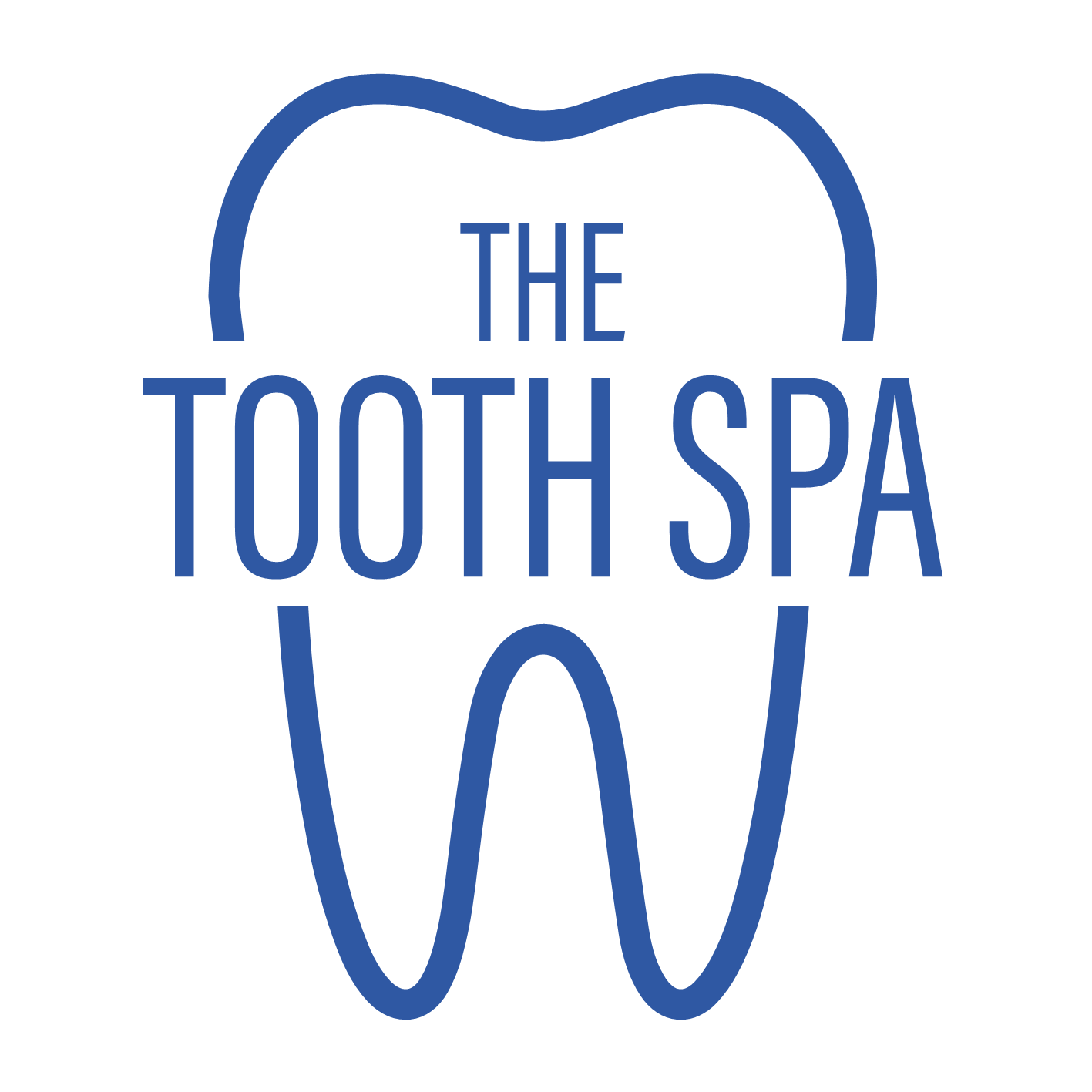Has that time come around again to invest in a new toothbrush? Ensuring your dental hygiene remains on point is critical for a healthy and happy lifestyle; no one likes going through the rigours of tooth pain. However, to get the most from your dental hygiene efforts, it’s critical that you’ve got the right toothbrush to hand – and, luckily, we’re here today to help you understand the differences, benefits, and drawbacks between manual and electric toothbrushes.
As expert emergency dentists in Leeds, we at The Tooth Spa have made it our mission to help as many people as possible find relief from their tooth troubles. However, ensuring your teeth stay healthy and strong doesn’t necessarily need to be a science, on the whole – and it all starts by choosing the right toothbrush.

Signs Your Old Toothbrush Needs Replacing
Before looking any further, we need to start by considering some of the key signs that your old toothbrush might need replacing. There are several things you could look out for this in regard, but some of the most common include the following points:
- Are the bristles starting to fall out of your toothbrush? Generally speaking, if the bristles are falling out of your old toothbrush, that’s a good sign that the toothbrush is either low-quality or otherwise old and needs replacing.
- Are the bristles splayed out on your toothbrush? On a brand new toothbrush, the bristles should always point directly forwards. However, the bristles can quickly begin to splay with time and regular use due to pressure. This point may make them less effective at cleaning your teeth, leaving plaque around your gum line in particular.
- Is the toothbrush feeling flimsy in your hands? Poor quality toothbrushes may begin to weaken with continual use, and in some cases, the handle may even snap if the toothbrush is dropped or crushed. You should always replace these since an uneven handle will result in less control when brushing.
These are just a few of the different signs that you should look for when considering whether or not the time is right to replace your toothbrush. Ideally, most people aim to change their toothbrushes after a few months since this is usually when the bristles begin to fray. Some modern toothbrushes may even have replaceable heads, allowing you to continue using the toothbrush’s body to reduce your wastage and cut the cost of buying a full new toothbrush.

Manual vs Electric Toothbrushes: Which is Better?
Deciding between manual and electric toothbrushes can offer several key challenges, as there is naturally a lot to think about in this regard. Indeed, while it’s easy to assume that electric toothbrushes are the clear winner, this may not always be the case; as a result, you may want to consider the following points to determine whether an electric or manual toothbrush would be best suited to your needs.
The Case for Manual Toothbrushes
Manual toothbrushes are a cheap and cheerful option, and they’ve been the mainstay of toothbrushing for decades. Plus, with prices for manual toothbrushes starting from just a few pounds apiece, they’re a much lesser price than electric models. This fact also makes it much less painful to replace them, ensuring your toothbrush is regularly replaced.
In addition, control may also be a lot easier with manual toothbrushes, especially for younger users; the vibrations of electric brushes can sometimes be surprisingly intense. These vibrations can make it a little tricky to reach those harder areas. Plus, it’s also worth considering that most manual toothbrushes have a finer handle than electric brushes, which need to allow room for batteries; as such, moving manual brushes around your mouth can be a lot easier.
The Benefits of Electric Toothbrushes
When first announced, electric brushes were big news, and they still maintain their position as the leading option for a clean and fresh mouth. Indeed, since electric toothbrushes typically have a smaller head and can vibrate or rotate, they’re drastically more effective at dislodging plaque from the surface of your teeth for a cleaner smile overall.
In turn, this may make them effective for preventing tooth decay and the early symptoms of gum disease – making it much less likely you’ll need to visit emergency dentists in Leeds overall. However, just because you’ve got an electric toothbrush doesn’t mean you should put off visiting your dentist; complications can still arise, especially if you have a chipped tooth or in regions that are harder to clean.

Which is Better – An Electric or Manual Toothbrush?
There’s no clear-cut answer to which is better: electric or manual toothbrushes? Indeed, irrelevant of the type of toothbrush you own, the level of cleaning your teeth receive will inevitably depend on how well you use it.
With this in mind, you should only opt for an electric toothbrush if you’re confident you’ll be able to use it successfully. For example, if you have receding gums or if you’re buying a brush for a toddler, who may be less confident with their brushing technique, a gentler and more easily controlled manual brush may be more suited.
It’s also worth considering that, if your budget is also limited, choosing a manual toothbrush that you can replace often may be better than buying an electric brush and hoping it’ll last for years. However, if you can afford the expense of an electric toothbrush and you’re confident that you can use it effectively, an electric brush is the way to go for a deeper clean and a much healthier smile overall.
For Dental Hygiene Checks, Call Our Dentists at The Tooth Spa
Effective teeth brushing can go a long way towards reducing the level of plaque buildup on your teeth and may further help prevent the formation of potentially painful cavities and infections. As emergency dentists in Leeds, this is something our team here at The Tooth Spa sees relatively often; as such, we hope that we can help you find the optimal solutions for your own dental hygiene needs, too.
If you need any further support with your dental health or have any questions about choosing the optimal toothbrush type for your teeth, please don’t hesitate to contact our dentist; we’re here for you, and we’ll do our best to help connect you with the optimal solutions overall.
